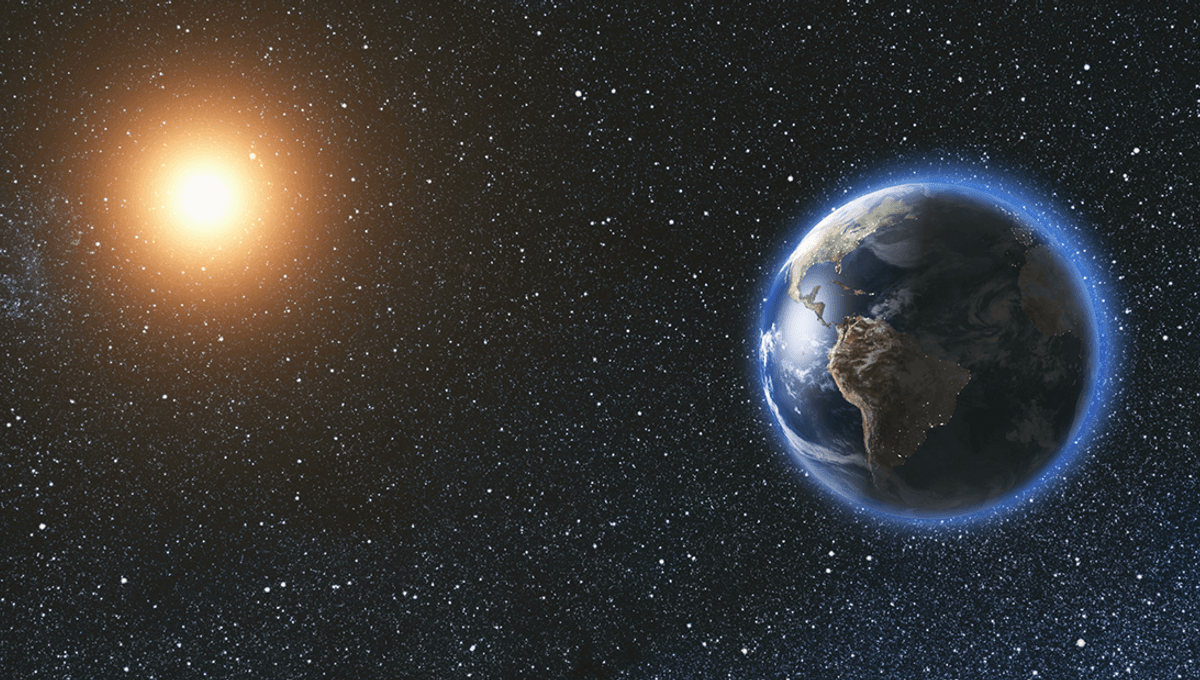Summer In The Northern Hemisphere Will Be 15 Minutes Shorter Than Last Year's

Summer In The Northern Hemisphere Will Be 15 Minutes Shorter Than Last Year's
Put down your beach volleyball and take off your Crocs, summer fans, as this year your favorite season will be a little bit shorter than usual.
As reliable as the seasons are, they do not always last the same amount of time. The seasons, as you are probably aware, are the result of the Earth's 23.5-degree axial tilt away from our orbital plane. When your Hemisphere is tilted more towards the Sun it receives more sunlight, and that's summer. When it's pointed further away it receives less, and that's your winter. Some are under the belief that the seasons are changed because of the Earth's distance from the Sun. While this is incorrect, the Earth's orbit can have a small effect on the length of the seasons. As the Earth reaches aphelion, the farthest point from the Sun on our orbit, or perihelion, its closest approach, its velocity changes. "The imaginary line joining a planet and the Sun sweeps out – or covers – equal areas of space during equal time intervals as the planet orbits. Basically, the planets do not move with constant speed along their orbits. Instead, their speed varies so that the line joining the centers of the Sun and the planet covers an equal area in equal amounts of time," NASA explains of Kepler's second law. "The point of nearest approach of the planet to the Sun is called perihelion. The point of greatest separation is aphelion, hence by Kepler's second law, a planet is moving fastest when it is at perihelion and slowest at aphelion." As aphelion currently takes place during summer in the Northern Hemisphere, and perihelion in the southern summer, this means that the Northern Hemisphere currently enjoys around four days more of summer than the Southern Hemisphere. This won't be the case forever. As our calendars don't perfectly match our orbit around the planet, the timing of aphelion and perihelion get shifted throughout the years. In 1,000 years, summers in the Northern Hemisphere will be around six hours longer than they are today, per Timeanddate.com. While that is the long-term trend, this year's summer will be particularly short compared to last year. Timeanddate.com explains that due to the complex motions of the Earth and its axis of rotation, as well as the pull of the Moon, Jupiter, and other bodies of the Solar System, the summer will last 93 days, 15 hours, 37 mins in the Northern Hemisphere from beginning to end. This is a full 15 minutes shorter than the summer of 2024, which lasted 93 days, 15 hours, 52 mins. While you may feel robbed of your summer, next year you will enjoy 93 days, 15 hours, and 40 mins of Croc season, or an extra three minutes to get a tan. And at least you aren't in the Southern Hemisphere, where the summer remains a full four days shorter than in the north. [H/T: Timeanddate.com]


